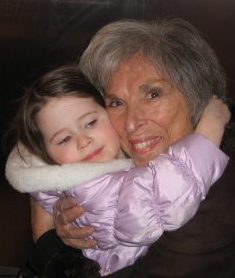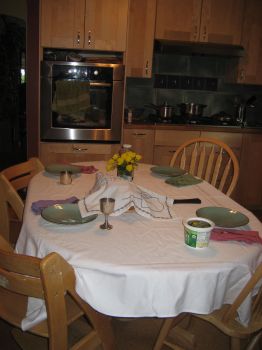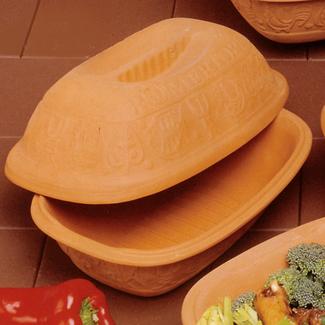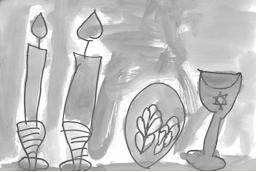written for the July PJ Library e-newsletter
My husband and I had many arguments long discussions about what we would name our children. He wanted French names, all of which evoked the Apostles, and I wanted Hebrew names, which seemed too “foreign” to him. We compromised, as parents must, by selecting names from neither tradition for their first, most-used, name. We gave our older daughter a Hebrew middle name and our younger daughter a French middle name, and selected additional Hebrew names for both girls for ritual use. As an interfaith couple, we knew that our families would attach a lot of significance to our name choices, and I think we ended up making a very honest statement with our decision – our children are religiously Jewish, but ethnically, they are products of a rich blend of traditions.
I don’t think we fully satisfied anyone with our choice. My mother regrets (aloud) that we didn’t name the girls after some of her deceased relatives, a widespread Jewish tradition. I’m sure that my in-laws wish they could have attended a baptism in which their granddaughters received their “Christian” names. Fortunately, we soon realized that there were many more naming opportunities ahead that required no debate whatsoever – we got to name ourselves!
Keith became Papa, in keeping with his French roots. I wanted Eema, the Hebrew name for mother. (Unfortunately this name didn’t quite take; instead, Ella insisted on mimicking her “mama”-bleating Fisher Price dollhouse.) Choosing a name was even more thrilling for our parents, as their long awaited first granddaughter entered the world. My mother chose “Bubbe,” the name she called her beloved grandmother in Boro Park, Brooklyn as a little girl. My father-in-law was dubbed “Pip,” an affectionate nickname for Pépé, also French. His wife is an all-American “Grandma.” By using these names, our children on each of our parents’ traditions, without requiring us to compromise the decisions we have made about our family’s religion.

Zoe and Bubbe
When my husband and I decided to marry, and Keith chose not to convert, I felt that the only way we could raise our children as proud, confident Jews was to be completely forthright and unapologetic about our mixed-marriage. No, Papa doesn’t know Hebrew. Yes, I keep kosher. Yes, Grandma and Pip have a Christmas tree and no, Bubbe doesn’t go to work on Jewish holidays. Our mutli-lingual array of family names is one more way to keep this conversation going. When I read A Grandma Like Yours/A Grandpa Like Yours, which introduces children to a tallit-wearing sheep called Zayde, a shofar blowing llama, known as saba, and a matzah-baking porcupine Papa, my younger daughter, Zoe, immediately wanted know, “Why is there no Pip in the book?” When I pointed out to her that all of the grandparents in the book were Jewish, she immediately understood. “Well, what did you call your grandfather?” they asked. I took the opportunity to tell my children about Pop-pop, who arrived at Ellis Island as a boy, and we speculated together about what name my father might have chosen had he lived to become a grandfather.
Someday, I’d love to see a sequel to A Grandma Like Yours that reflects diverse families like ours. In the meantime, I’d love to hear your story. What do your children call you and your parents, and why?

The PJ Library™ program sends Jewish-content books and music on a monthly basis to families with children through age seven. Created by The Harold Grinspoon Foundation, The PJ Library is funded nationally in partnership with The Harold Grinspoon Foundation and local philanthropists/organizations. To learn more, go to www.pjlibrary.org
Read Full Post »





 L’chayim, mommies. And Shabbat Shalom.
L’chayim, mommies. And Shabbat Shalom. I have finally landed on a fool-proof way of preparing whole chicken to recommend, although I must warn you that it requires the purchase of a new tool. I have a very small kitchen, and am not one to load up on extra gadgets, especially if I’m likely to want two of them – one for dairy and one for meat. But I guarantee you that a
I have finally landed on a fool-proof way of preparing whole chicken to recommend, although I must warn you that it requires the purchase of a new tool. I have a very small kitchen, and am not one to load up on extra gadgets, especially if I’m likely to want two of them – one for dairy and one for meat. But I guarantee you that a 
 No, this is not a recipe post. This is about one of my favorite ways to spend Friday night – at a potluck.
No, this is not a recipe post. This is about one of my favorite ways to spend Friday night – at a potluck.
